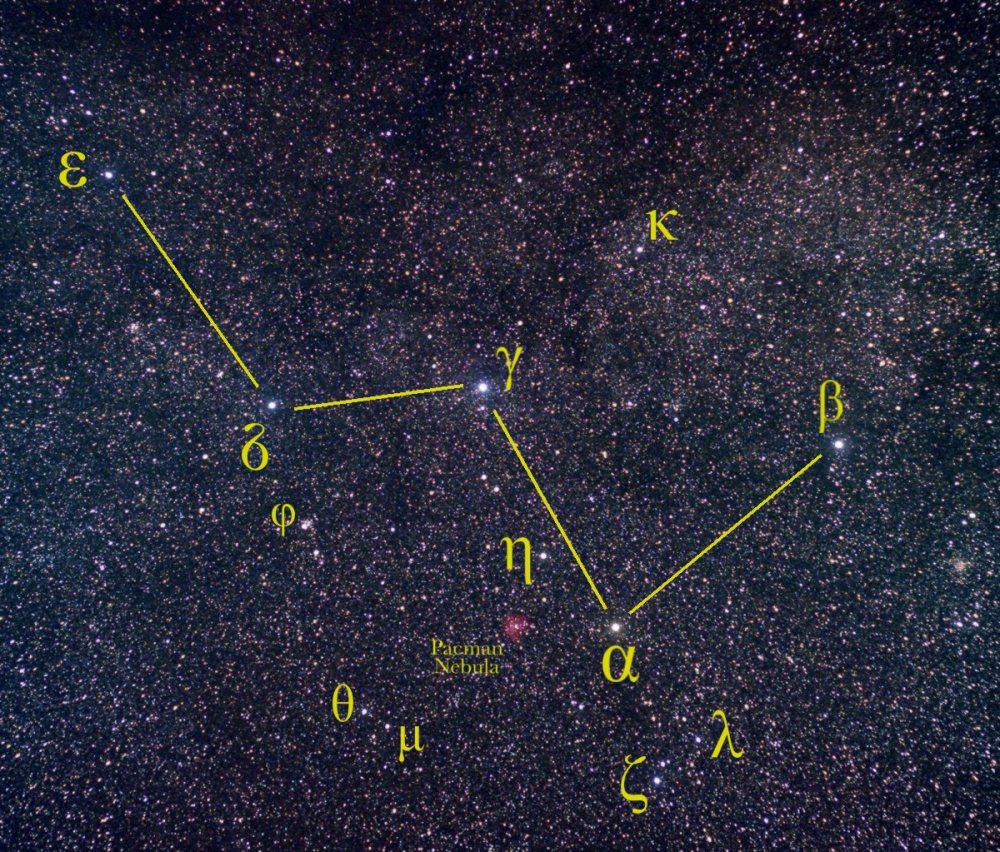When it comes to ancient mythology, arrogance is a big part of the story. Icarus got too close to the sun with his makeshift wings and ended up crashing into Earth and drowning. Phaeton tried to be a chariot driver in place of his father, Helios ended up dying from a flash of Zeus. Niobe lost her children because she bragged about them to a goddess. The gods don't like to challenge or boast at their expense.
This is the case with Cassiopeia. According to EarthSky, the Ethiopian queen prided herself on being as beautiful as the Nereids, Poseidon's companions. Since the Greeks idealized beauty, it meant that these Nereids were beautiful. Poseidon did not like light and rather than discussing it with her, mortal god, he sent a sea creature to destroy the Ethiopian coast. She consulted an oracle who told her to sacrifice her daughter Andromeda to the creature. Apparently, an edible arrangement wouldn't work. So he must have put Andromeda on a rock, in chains.
It looked like he was going to lose his daughter. Then came Perseus. He was smitten by Andromeda and hastily obtained Cassiopeia's blessing to marry her before going to kill the monster. They were meant to be married, but Andromeda's uncle, Phineus, said he was the one who should have married her, according to Greek legends and myths.
Perseus turned it to stone with the head of Medusa, and they left and had several grandchildren for Cassiopeia. Eventually, Perseus, Andromeda and Cassiopeia were immortalized in the night sky. But the gods had one last vengeance for Cassiopeia when they lifted her to heaven like a constellation. They say revenge is a cold dish. There were times when the Greek gods agreed.
While they weren't doing something like making him grow a rock on a hill forever (like Sisyphus, for Britannica) and then rolling his back, or being tormented by birds tearing his organs apart (like Prometheus, according to the story). of the world), did not get along easily. They weren't satisfied that she almost saw her daughter become a sacrificial snack for a sea creature and that this creature also nearly levelled the coast of the homeland she was responsible for. The gods were an inconstant bunch, after all, and they proved it by putting
Cassiopeia upside down for part of the year in the sky - she would have to hang herself in her chair to avoid falling. Maybe she would like to keep bragging about herself. The lesson of many myths is to be humble and do nothing to anger the gods. Otherwise, you might wish the worst fate for you was to spend part of the year upside down, sitting in a chair in the night sky.


Comment